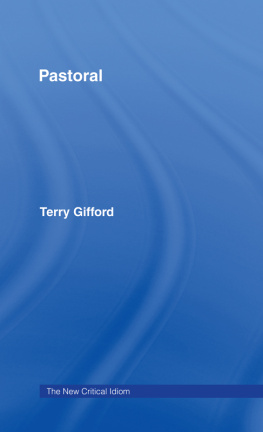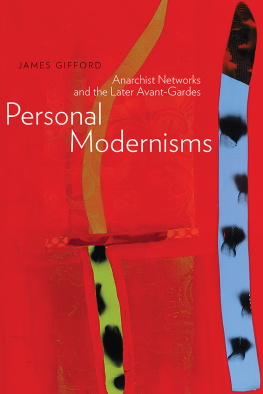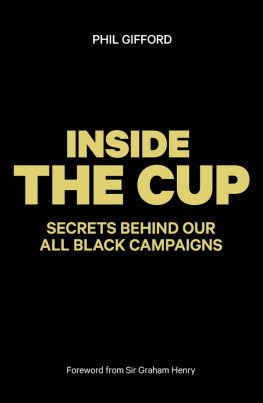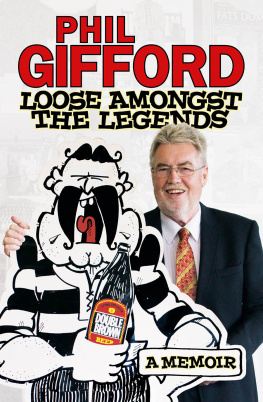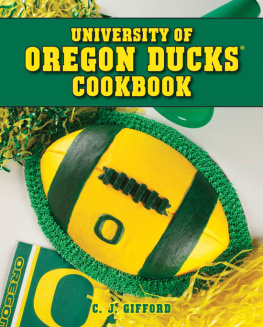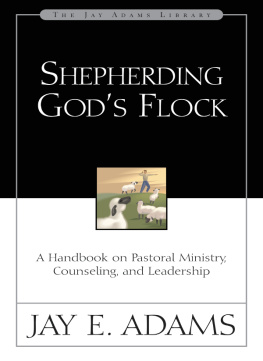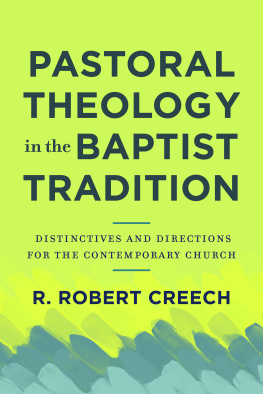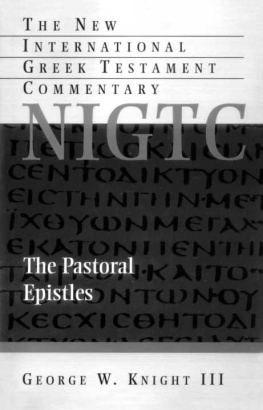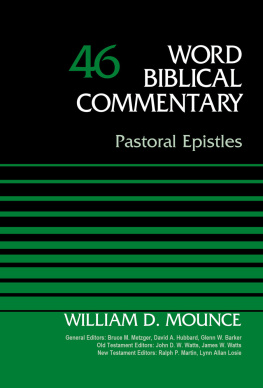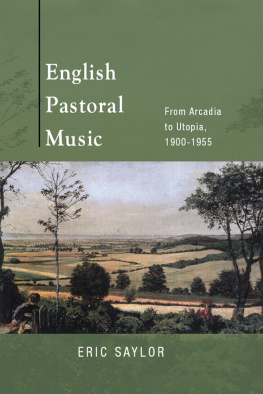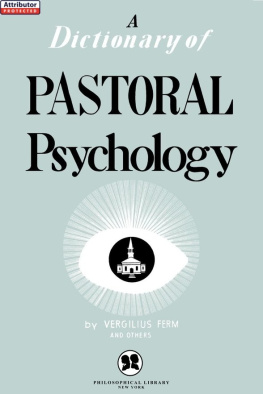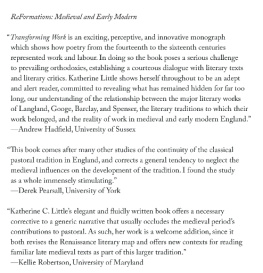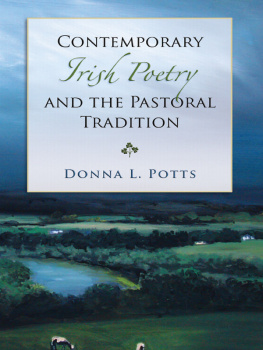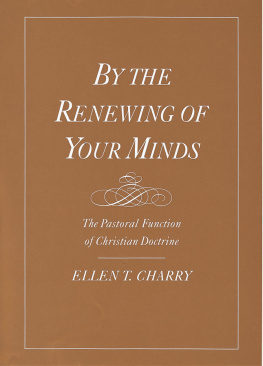Pastoral
Terry Gifford clarifies the different uses of pastoral, and traces the history of the genre from its classical origins in the poetic dialogues of supposed shepherds, to Elizabethan dramas such as The Winters Tale, through the pastoral poetry of Pope, Wordsworth and Clare, to the more recent rural novels, travel writing and contemporary American nature writing.
Beginning with constructions of Arcadia, the book traces the pastoral impulse of retreat and return using a combination of close reading of quoted texts, cultural studies and ecocriticism. A theory of escape from the circular tension of pastoral and anti-pastoral is offered in the final discussion of texts that are post-pastoral, and Gifford argues that some writers have discovered ways of reconnecting us with our natural environment in an attempt to heal our alienation from nature.
Pastoral is an accessible, succinct and up-to-date introductory text to the history, major writers and critical issues of this genre. Students will find it essential reading.
Terry Gifford is Research Co-ordinator at the School of English, Bretton Hall College of Leeds University. He is author of Green Voices: Understanding Contemporary Nature Poetry.
The New Critical Idiom
S ERIES E DITOR: J OHN D RAKAKIS, U NIVERSITY OF S TIRLING
The New Critical Idiom is an invaluable series of introductory guides to todays critical terminology. Each book:
- provides a handy, explanatory guide to the use (and abuse) of the term
- offers an original and distinctive overview by a leading literary and cultural critic
- relates the term to the larger field of cultural representation.
With a strong emphasis on clarity, lively debate and the widest possible breadth of examples, The New Critical Idiom is an indispensable approach to key topics in literary studies.
- Other books in the series:
Colonialism/Post colonialism by Ania Loomba
Gothic by Fred Botting
Historicism by Paul Hamilton
Humanism by Tony Davies
Ideology by David Hawkes
Literature by Peter Widdowson
Metre, Rhythm and Verse by Philip Hobsbaum
Myth by Laurence Coupe
Romanticism by Aidan Day
Sexuality by Joseph Bristow
Stylistics by Richard Bradford
The Unconscious by Antony Easthope
PASTORAL
Terry Gifford
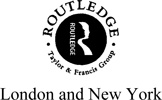
First published 1999
by Routledge
11 New Fetter Lane, London EC4P 4EE
Simultaneously published in the USA and Canada
by Routledge
29 West 35th Street, New York, NY 10001
Routledge is an imprint of the Taylor & Francis Group
This edition published in the Taylor & Francis e-Library, 2001.
1999 Terry Gifford
All rights reserved. No part of this book may be reprinted or reproduced or utilised in any form or by any electronic, mechanical, or other means, now known or hereafter invented, including photocopying and recording, or in any information storage or retrieval system, without permission in writing from the publishers.
British Library Cataloguing in Publication Data
A catalogue record for this book is available from the British Library.
Library of Congress Cataloguing in Publication Data
A catalogue record for this book has been requested.
ISBN 0-415-14732-8 (hbk)
ISBN 0-415-14733-6 (pbk)
ISBN 0-203-00396-9 Master e-book ISBN
ISBN 0-203-17375-9 (Glassbook Format)
For Gill
C O N T E N T S
Series Editors Preface
The New Critical Idiom is a series of introductory books which seeks to extend the lexicon of literary terms, in order to address the radical changes which have taken place in the study of literature during the last decades of the twentieth century. The aim is to provide clear, wellillustrated accounts of the full range of terminology currently in use, and to evolve histories of its changing usage.
The current state of the discipline of literary studies is one where there is considerable debate concerning basic questions of terminology. This involves, among other things, the boundaries which distinguish the literary from the non-literary; the position of literature within the larger sphere of culture; the relationship between literatures of different cultures; and questions concerning the relation of literary to other cultural forms within the context of interdisciplinary studies.
It is clear that the field of literary criticism and theory is a dynamic and heterogeneous one. The present need is for individual volumes on terms which combine clarity of exposition with an adventurousness of perspective and a breadth of application. Each volume will contain as part of its apparatus some indication of the direction in which the definition of particular terms is likely to move, as well as expanding the disciplinary boundaries within which some of these terms have been traditionally contained. This will involve some re-situation of terms within the larger field of cultural representation, and will introduce examples from the area of film and the modern media in addition to examples from a variety of literary texts.
Acknowledgements
My thanks are due to Professor John Drakakis for commissioning a proposal for this book at a dusty conference in Cairo. For his final meticulous editing I am grateful.
Bretton Hall College gave me a semesters reduced teaching in order to work on the book. I am also grateful to the following colleagues who kindly passed on material to me: Ian Dempster, John Brown and Harriet Tarlo.
Professor Fred Rue Jacobs of Bakersfield College, California, also sent me details of new publications with his usual enthusiasm.
I am indebted to Karoline P. Szatek who, as a graduate student at Indiana University of Pennsylvania, gave me her time and later her thesis.
Sabine Ivanovas kindly introduced me to the present pastoralists of Crete in the early morning light of their mountainside.
Jason Aldred, a student at the University of Tennessee, after recovering from the days Minoan excavations, gave me lucid comments on several chapters as they were written in Mochlos, Crete, where Chris Whitmore of the University of North Carolina, Greensboro, booked my writing room in his jewel of a village.
Louise H. Westling of the University of Oregon offered me books and challenging discussion from which this book benefited greatly.
My partner, Gill Round, deserves special thanks for her patient support and vehement encouragement, first in the French Cervennes, then finally three years later in Crete, and at home in between.
The author and publishers would like to thank the following for permission to use their work: Lawrence Buell for permission to quote from The Environmental Imagination (1995); Debjani Chatterjee for I Was That Woman (1989); Jim Crumley for Among Mountains (1993); Joe Simpson for Touching the Void (1988); Carcanet for Sorley MacLeans From Wood to Ridge (1989); Everyman for R. S. Thomass Selected Poems (1997); Faber and Faber Ltd for Ted Hughess The Hawk in the Rain (1957), Crow (1970), Cave Birds (1975). Excerpts from Glanmore Sonnets and Station Island from Opened Ground: Selected Poems 19661996 by Seamus Heaney. Copyright 1998 Seamus Heaney. Reprinted by permission of Farrar, Straus & Giroux, LLC. Excerpts from Arcadia by Tom Stoppard. Copyright 1993 by Tom Stoppard. Reprinted by kind permission of Faber and Faber, Inc. John Murray for George Mackay Browns
Next page
